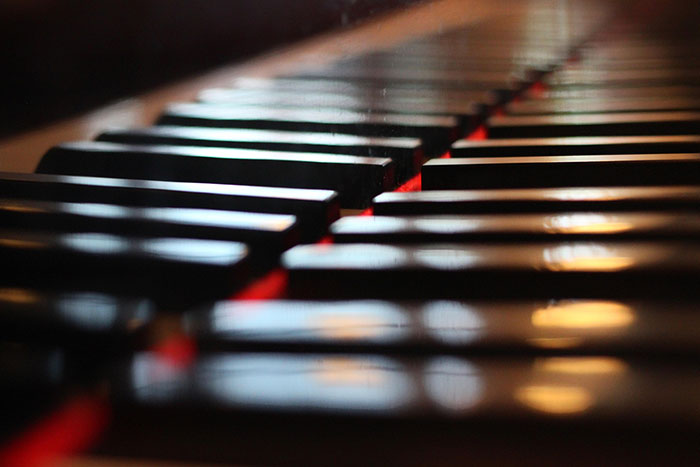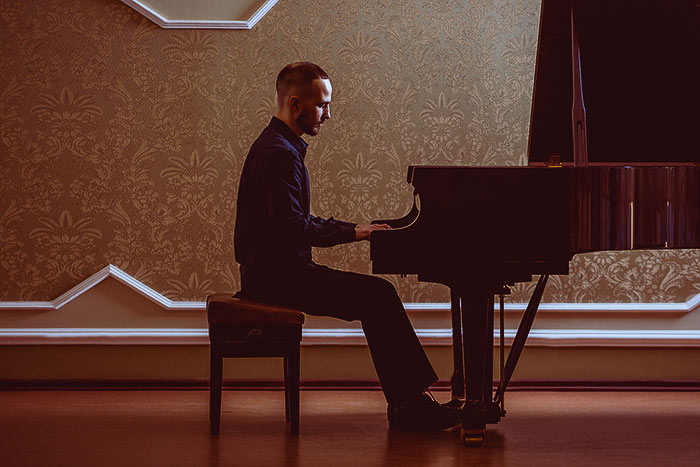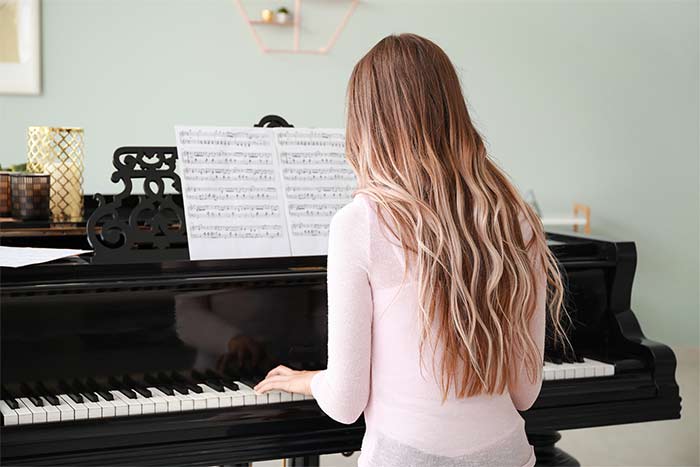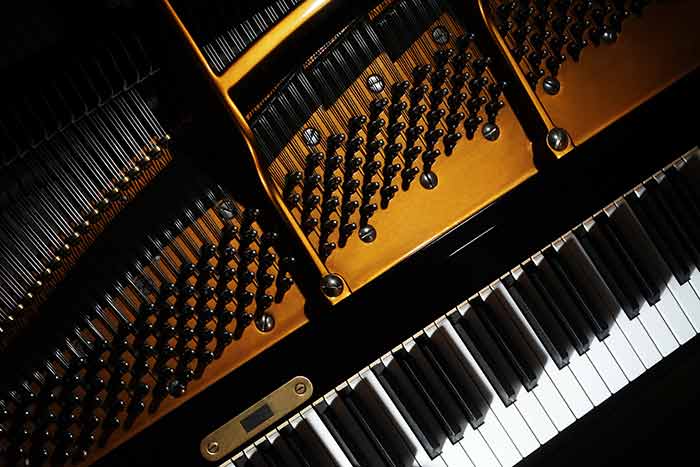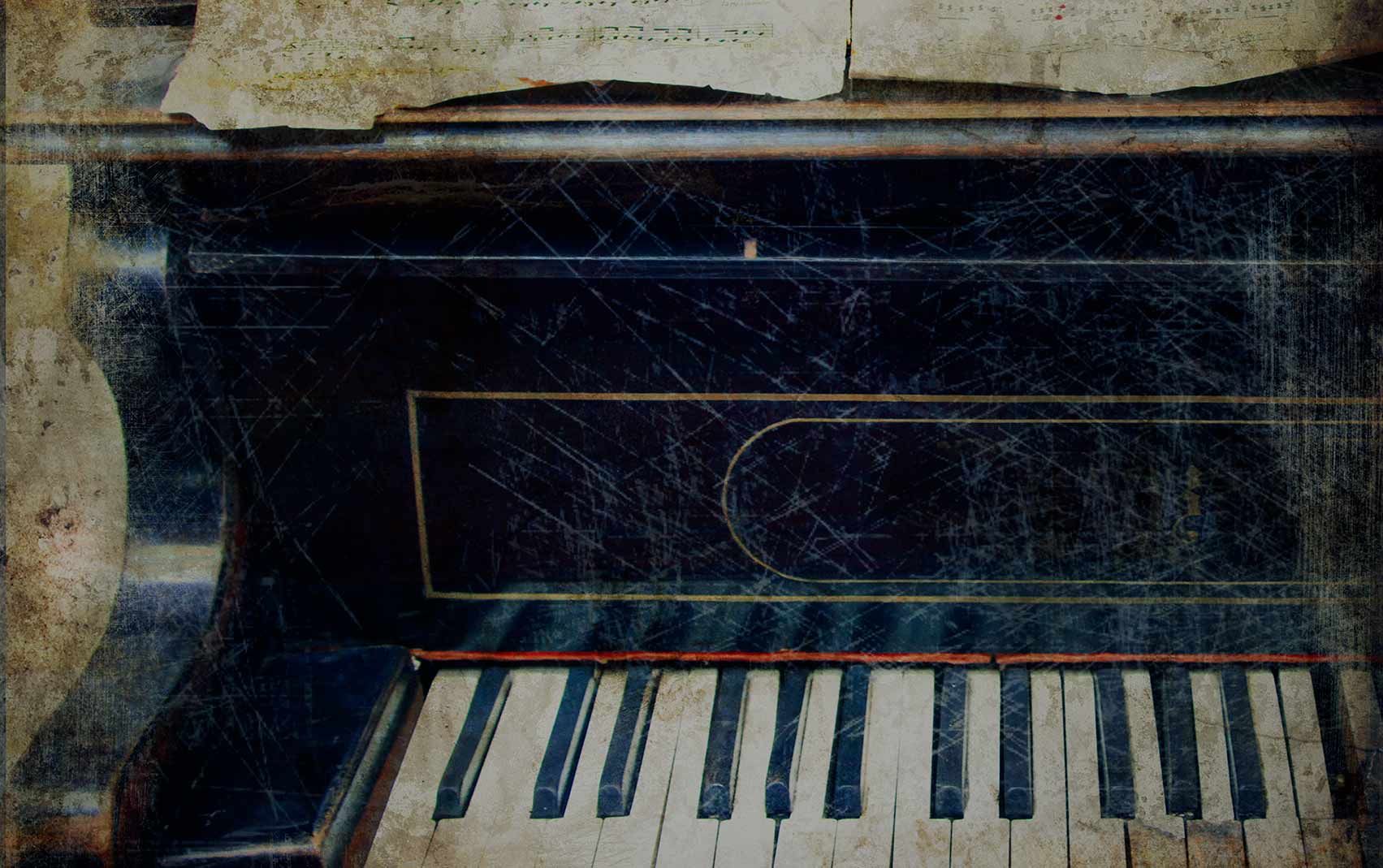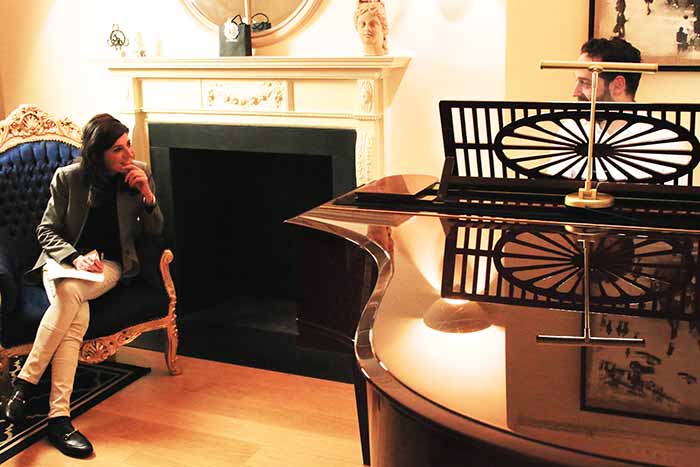About Xinyue
Xinyue, a renowned classical piano teacher at London Piano Institute, brings over a decade of experience, remarkable skills, and awards to inspire students.
Stefan Joubert: What is the most difficult piece you have ever played so far and why?
Xinyue: The most difficult piano piece I have tried to play so far, it would be Sergei Rachmaninoff’s Piano Concerto No. 3 in D minor. This concerto is notorious for its technical demands and requires exceptional skill, strength, and endurance. The intricate fingerings, rapid passages, and extensive use of octaves make it an incredibly challenging piece to master.
Octave Passages: Rachmaninoff incorporates numerous octave passages throughout the concerto, particularly in the first movement. These octave leaps, often played at a rapid tempo, demand precise accuracy and control to achieve a seamless and even sound.
Length and Endurance: Spanning approximately 40-45 minutes, Rachmaninoff’s Third Piano Concerto is a marathon for the performer. Sustaining focus, stamina, and physical endurance throughout the concerto can be mentally and physically taxing.
Expressive Demands: Rachmaninoff’s music is known for its rich harmonies, emotional depth, and lyrical melodies. Interpreting and conveying the expressive nuances of the concerto requires a deep understanding of the composer’s intentions and the ability to bring out the emotional range of the music.
Stefan Joubert: Which piece have you enjoyed playing most so far and why?
Xinyue: Johannes Brahms’ Piano Trio No. 1 in B major, Op. 8.
Rich Harmonies: Brahms’ harmonic language is renowned for its richness and complexity. The Piano Trio No. 1 showcases his skill in creating lush and captivating harmonies that add depth and colour to the music. The harmonic interplay between the piano and string instruments creates a captivating and immersive musical experience.
Interplay Between Instruments: Brahms explores the potential of each instrument in the trio, allowing them to shine individually and blend harmoniously as an ensemble. The piano often takes a leading role, but the violin and cello have moments of prominence as well, engaging in intricate musical dialogues and exchanges.
Emotional Range: The Piano Trio No. 1 traverses a wide spectrum of emotions, ranging from tender and introspective passages to moments of passionate intensity. Brahms expertly crafts the music to evoke deep emotional responses from performers and listeners alike, making it a profoundly moving chamber piece.
Stefan Joubert: What would you tell a student who is thinking of giving up?
Xinyue: I understand that learning the piano can sometimes be challenging and demanding. It’s natural to encounter obstacles and feel discouraged along the way. However, I want my students to know that perseverance and patience are key to achieving success in any pursuit, including playing the piano.
Take a moment to reflect on what initially sparked your interest in playing the piano. What were your goals and aspirations? Reconnecting with your initial passion and desire can reignite your motivation and remind you of the joy that music can bring to your life.
It’s also essential to set realistic expectations for yourself. Progress in music takes time, and everyone learns at their own pace. Celebrate small victories along the way and acknowledge the progress you’ve made, no matter how small it may seem.
Remember that I, as a piano teacher, am here to support and guide you. If you’re feeling overwhelmed or struggling with specific aspects of your practice, don’t hesitate to communicate your concerns. Together, we can explore different strategies to overcome challenges and make your piano learning experience more enjoyable.
Ultimately, the decision to continue or give up is yours to make. However, I encourage you to reflect on the reasons why you started this musical journey and consider giving it another chance. With dedication, perseverance, and a positive mindset, you’ll be amazed at what you can achieve. Believe in yourself, stay committed, and remember that I’m here to support you every step of the way.
Stefan Joubert: What would be your advice to a student who claims not to have time to practise?
Xinyue: I understand that finding time to practise can be challenging, especially with a busy schedule. However, consistent practise is crucial for progress in playing the piano. Here are some suggestions to help you manage your time effectively and make practising a part of your routine:
Break it Down: If you’re struggling to find large blocks of time for practise, break your practise sessions into smaller, focused segments. Even 15 to 20 minutes of concentrated practise can be beneficial. It’s better to have consistent short sessions rather than sporadic longer ones.
Set Realistic Goals: Set achievable practise goals for each session. Rather than aiming for hours of practise, focus on specific tasks or sections of your music that need improvement. Break them down into smaller, manageable goals, and work on them consistently. This approach can help you make progress even with limited practise time.
Quality over Quantity: Remember that the quality of your practise is more important than the quantity of time spent. A focused and attentive 30-minute practise session can be more beneficial than an hour of mindless repetition. Stay engaged and fully present during your practise sessions to maximise their effectiveness.
Seek Support: Communicate your commitment to practising with your family, friends, or roommates. By involving them in your musical journey, they may be more understanding and supportive of your practise time. They can help create a conducive environment and provide encouragement.
Stefan Joubert: What do you think of the grade examinations?
Xinyue: Grade examinations would provide a standardised assessment of a student’s musical abilities. This can be helpful for students, teachers, and parents in understanding their strengths and areas for improvement. The feedback received from examiners can offer valuable insights to guide further musical development.
Grade examinations often require students to prepare a diverse range of repertoire, including pieces from different periods and styles. This helps students develop a well-rounded musical understanding and improves their technical and interpretive skills. Additionally, the inclusion of scales, sight-reading, and aural tests enhances musicianship and overall musicality.
Preparing for a grade examination can be motivating for students, as it gives them a sense of purpose and a deadline to work towards. It can also provide opportunities to perform in front of an audience and gain valuable experience in managing performance nerves.
Some critics argue that grade examinations can place too much emphasis on technical proficiency and conformity to a specific repertoire. This may lead to a narrow focus on examination preparation rather than fostering a broader musical understanding. Additionally, the pressure of exams may cause stress and performance anxiety in some students.
It’s important to note that the value and purpose of grade examinations can vary depending on individual goals, motivations, and learning styles. Some students may find them beneficial in their musical journey, while others may prefer a more flexible and individualised approach to learning the instrument. Ultimately, the decision to pursue grade examinations or any other form of musical assessment should be based on personal goals, aspirations, and preferences, along with guidance from teachers and mentors who understand the individual needs of the student.
A short tip: Master the art of patience. Progress on the piano takes time and dedication. Embrace the journey, celebrate small victories, and trust in the process. With patience, persistence, and a love for the instrument, you will unlock your true musical potential.
The London Piano Institute: Great Piano Lessons for Adult Learners
The London Piano Institute is a leading provider of piano lessons for adult learners. Our experienced teachers are passionate about helping adults achieve their musical goals. We offer a variety of lessons to suit all levels and interests, from beginner to advanced.
Our lessons are designed to be fun and engaging, and we focus on helping students develop a deep understanding of the piano. We also offer a variety of resources to support our students, including online tutorials, practice sheets, and performance opportunities.
If you are an adult who is interested in learning to play the piano, we encourage you to contact us today. We would be happy to discuss your individual needs and goals and help you find the perfect lesson plan for you.
Here are some of the benefits of taking piano lessons at The London Piano Institute:
- Experienced and passionate teachers
- Variety of lessons to suit all levels and interests
- Fun and engaging lessons
- Deep understanding of the piano
- Variety of resources to support your learning
- Performance opportunities
Contact us today to learn more about our piano lessons for adult learners.



